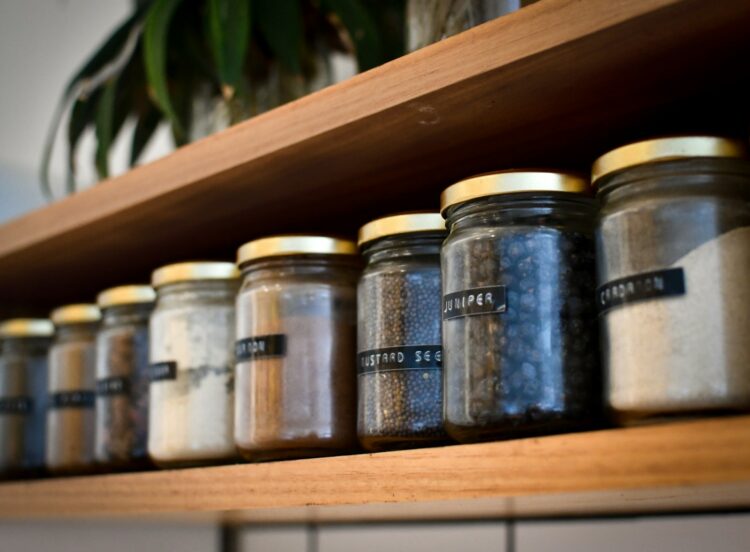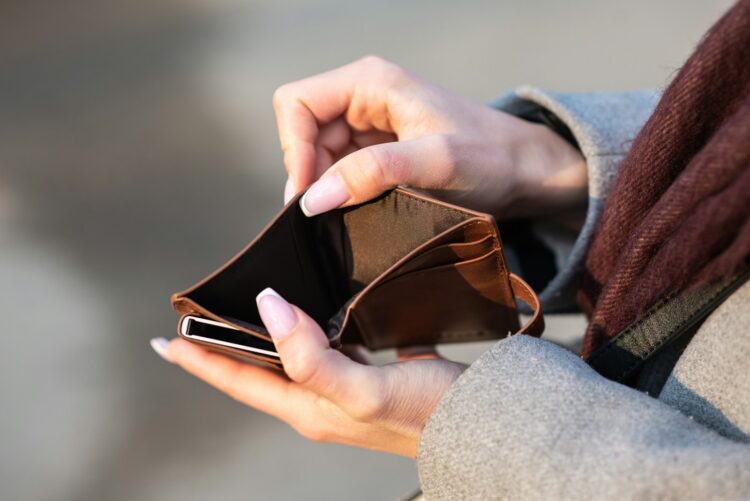
Cutting back doesn’t have to feel like losing out. It’s not about living on less—it’s about being more intentional with what you choose. When done right, trimming your spending can actually make room for the things that matter more. Here are 15 ways to scale back without sacrificing joy, comfort, or peace of mind.
Buy fewer things—but better ones.

Cheap things don’t always save money. When you buy stuff that breaks fast, you just end up buying again. One solid item can last for years. It doesn’t need to be fancy—just made well. You don’t have to own a lot, just enough that works. Over time, this kind of thinking helps you spend less and feel more satisfied with what you already have.
Cook at home more often.

Eating out all the time gets expensive. You don’t have to stop completely—just save it for days that feel worth it. Cooking at home can still be good food, just without the extra cost. If you replace a couple of takeout nights with home meals, the savings add up without much effort. And when you do go out, it feels more like a treat than a habit.
Unfollow brands that tempt you.

Sometimes, the biggest spending triggers are right on your phone. You scroll, you see a “deal,” and suddenly, you’ve ordered something you didn’t need. Try muting or unfollowing the accounts that constantly push you to buy. Out of sight, out of mind really works. You’ll spend less time wanting things—and more time enjoying what you already have.
Limit “treat yourself” buys.

A little treat now and then? Great. But when small indulgences become daily habits, they drain your wallet fast. Try spacing them out or setting a budget just for fun money. That way, you still get those feel-good moments—without the guilt. When you save treats for when they really count, they feel more like a reward than a reflex.
Pause before you purchase.

Not everything needs to be bought right now. Give yourself 24 hours before clicking “buy.” You’ll be surprised how often the urge passes. If you still want it tomorrow, go ahead—but chances are, you’ll forget about it. This habit doesn’t cost anything, and it keeps your spending in check without any rules or restrictions. Just space—and that space helps you make smarter calls.
Make coffee at home.

The daily coffee run might not seem like a big deal, but it adds up over weeks and months. Brewing at home doesn’t mean missing out. In fact, you get to make it just the way you like—without standing in line or paying $6 for something lukewarm. Save the coffee shop for a catch-up with a friend or a special morning. It hits better when it’s not every day.
Swap subscriptions you don’t use.

When was the last time you checked all the apps and services you’re paying for? You might find streaming platforms or apps you barely open. Cutting them doesn’t feel like a loss—it feels like clearing clutter. Pick one or two you actually use and pause the rest. You can always add them back later if you miss them. Most of the time, you won’t.
Cut down on impulse grocery buys.

Ever gone in for eggs and walked out with five snacks and a new candle? Grocery stores are designed for that. Try making a list—and sticking to it. Eat before you go, so hunger doesn’t decide for you. You’ll cut back on food waste and weird purchases that felt good in the moment but didn’t make sense later. It’s not strict. It’s just smart.
Buy secondhand when possible.

Thrift stores, online marketplaces, even hand-me-downs from friends—they’re all gold mines if you give them a chance. You get what you need for way less, often with more character. And honestly? It feels good to skip the full price. You’re cutting back without missing out. Sometimes you find something even better than what you had in mind.
Rethink your idea of fun.

Not every good time has to cost money. You don’t need tickets, reservations, or shopping bags to enjoy yourself. Walks, game nights, library trips—these things are underrated. They cost little but give a lot. Try replacing one expensive weekend activity with something low-key. You’ll be surprised how much more relaxed—and less drained—you feel after.
Start using what you already have.

It’s easy to forget what’s in the back of the closet or the freezer. Before you buy more, take a look around. That shirt you forgot? Still fits. That bag of rice? Still good. Use what’s already in your space before bringing more in. It helps you cut down without feeling like you’re going without. Sometimes, it’s just about noticing what’s already there.
Share more, buy less.

Borrowing used to be normal. Now, everyone feels like they need their own everything. But when you share tools, books, or even rides with friends or neighbors, everyone saves. It builds connection, too. You don’t have to own every little thing—sometimes, just having access is enough. Cutting back this way doesn’t feel like a loss. It feels like a community.
Take care of what you own.

A little upkeep goes a long way. When you fix a loose button, clean your shoes, or patch a tear, you give your stuff a longer life. It’s not just about saving money—it’s about feeling more in control. You’re not throwing things away as fast. You’re making them last. And that’s one of the easiest ways to cut back without cutting anything out.
Plan your meals.

Meal planning doesn’t have to be complicated. Just knowing what you’re eating for the week helps you shop smarter and waste less. You won’t grab takeout just because you forgot to thaw something. And you’ll stop buying things you don’t need “just in case.” Even a rough plan helps. You’ll eat better, spend less, and feel a little more in charge when dinnertime rolls around.
Take breaks from spending altogether.

Try going for a few days without spending on anything extra. Skip the snacks, the small online buys, or anything you don’t really need. It’s not about being strict—it’s just a reset. You’ll start to notice what you actually miss and what you don’t. After a while, you spend less without even trying. It starts to feel normal, not like a rule you’re forcing on yourself.

